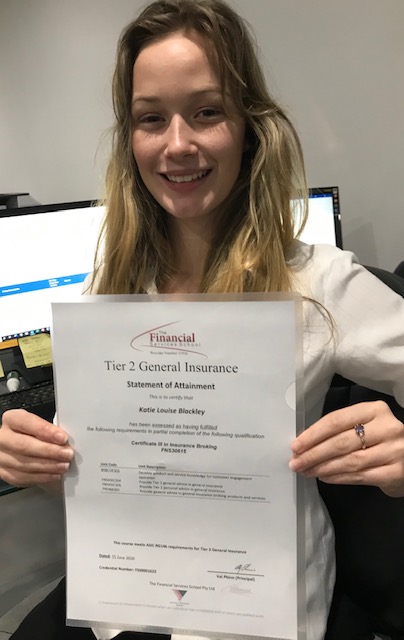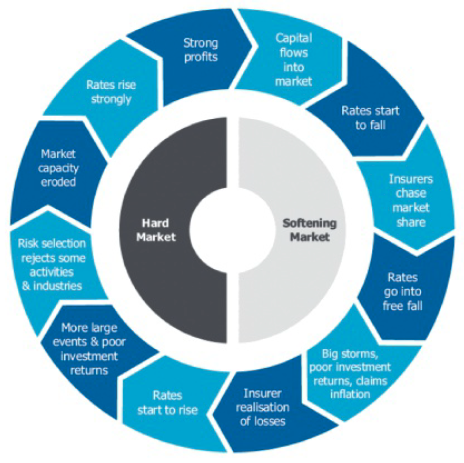Risky Business: Why Your Small Business Needs Ransomware Insurance
Did you know that cyber-attacks went up by 700% last year, leaving many Australian businesses feeling unprepared? A cybersecurity threat can lead to lost data and money. When your system gets taken over by ransomware, your business is held, hostage.
A cyber insurance policy that covers you in the event of ransomware is a must for all businesses. Read on to learn about why your small business needs this type of tech insurance.
What Is Ransomware?
Malicious software that infects a computer with display messages that demand a fee needs to get paid is considered to be ransomware. Before your system can work again, the ransom must get paid.
This malware technique is a moneymaking scheme that gets installed through deceptive links. This could happen through phishing emails, calendar invitations, instant messages, or on a website. Once these links are clicked, they can encrypt files or lock the entire computer screen.
The ransomware attack rate in Australia is far from the global average. In fact, 67% of Australian organisations experienced this issue in the last 12 months.
Protecting Your Business
There are steps you can take to protect your business from an attack, but without ransomware insurance, there is still a high risk. Along with getting the proper business insurance, you can do the following:
- Update Software Regularly
- Never open unsolicited emails
- Backup data regularly
- Restrict software privileges within the workplace
- Enable spam filters
- Use firewalls to block suspicious content
- Use strong passwords and multi-factor authentication
- Scan all emails for threats
With how much technology has advanced, you can get hacked even when you are being safe. Insurance is the only sure way to protect your business.
Cyber Insurance
Cyber insurance can cover expenses and other financial losses due to a cyber event like malware attacks, cyber extortion, social engineering, or other invasive software.
A cyber policy typically covers three things, even though the policy may be broad. With a policy, you get covered for Liability (regulatory defence and privacy lawsuits), Internal Financial Loss (notification expenses, business interruption, extortion, data recovering, and crime/theft), and Emergency Incident Response (covering costs that were lost due to a cyber event).
Typically, a main coverage cyber policy includes:
- Privacy Breach Notification & Crisis Management Costs
- Privacy & Security Liability
- Business Interruption – Loss of Profits & Operational Expenses
- Data Recovery & System Damage
- Regulatory Defence and Fine
- Media Liability
Additionally, you can enjoy other coverages by paying an extra premium including:
- Social Engineering & Funds Transfer Fraud
- Payment Card Data Security Liability
Get Ransomware Insurance Now
Ransomware insurance is important for any business that uses a computer system. As small businesses are more susceptible, it is necessary to protect your business by following a few steps. However, the only way to ensure protection for your business is by adding ransomware insurance.
Anyone can fall victim to hackers, contact us today to get the insurance you must have for protection.













